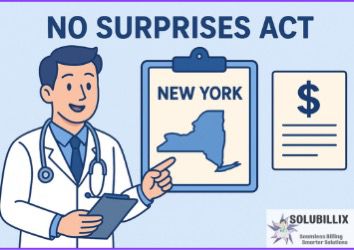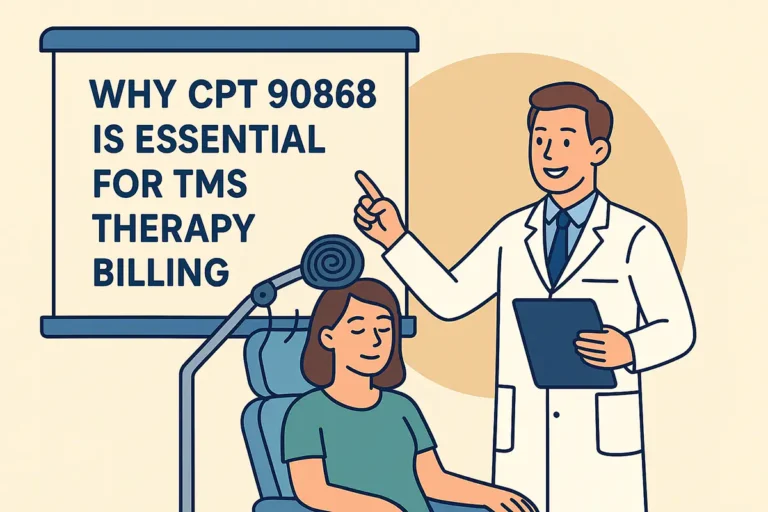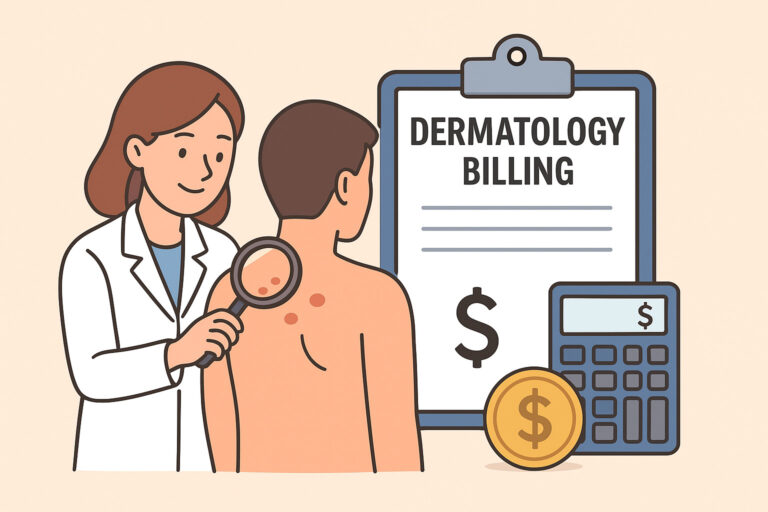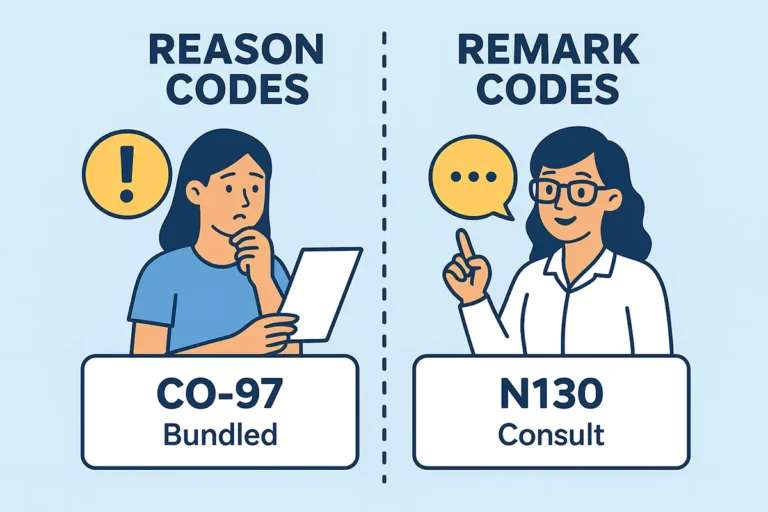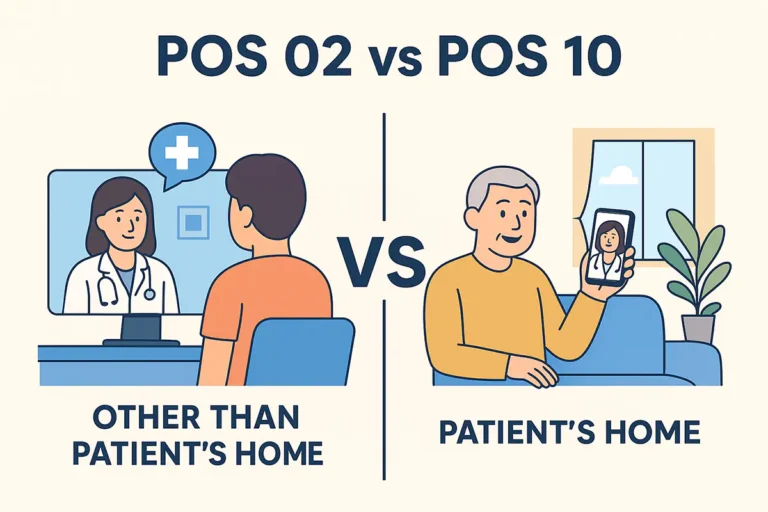No Surprises Act: Compliance Guidance for New York Healthcare Providers
The No Surprises Act (NSA), effective January 1, 2022, establishes federal protections for patients against unexpected out-of-network medical bills. While this law applies across the United States, providers in New York must also comply with state-specific requirements. Because New York had its own Surprise Bill Law in place prior to the federal NSA, providers need to understand how both systems work together and always apply the rule most protective of the patient.
This guide is designed for healthcare providers, administrators, and billing professionals in New York who want a clear understanding of their obligations under the NSA and how to integrate compliance into everyday operations.
Key Patient Protections Under the NSA
- Emergency Services
- Patients cannot be balance billed for emergency services, even when care is provided at an out-of-network hospital or by an out-of-network clinician.
- Cost-sharing (copays, coinsurance, deductibles) must be applied as if the patient were treated in-network.
- Non-Emergency Services at In-Network Facilities
- When a patient receives non-emergency care at an in-network hospital or ambulatory surgery center, ancillary services (such as anesthesiology, radiology, pathology, and neonatology) must be billed at the patient’s in-network cost-sharing level.
- Providers cannot shift the financial burden to patients through balance billing.
- Notice and Consent
- In limited circumstances, an out-of-network provider may bill a patient directly — but only after delivering a Good Faith Estimate (GFE) of charges and obtaining advance written consent.
- Patients must be informed of their right to decline out-of-network care.
Compliance Obligations for New York Providers
- Good Faith Estimates (GFEs)
- Providers must deliver clear, written cost estimates to uninsured and self-pay patients before care is provided.
- Estimates must include all reasonably expected services, including those provided by co-providers or facilities.
- Mandatory Patient Disclosures
- Federal law requires providers to post NSA balance billing disclosures in offices, facilities, and on websites.
- These notices must inform patients of their rights against surprise billing.
- Billing and Claims Processing
- Practices must ensure billing workflows prevent prohibited balance billing.
- EHR and billing systems should be updated to flag NSA-covered encounters.
- Independent Dispute Resolution (IDR)
- Disputes over payment between providers and insurers must go through the federal IDR process instead of involving the patient.
- Providers must be prepared to supply supporting documentation and follow arbitration timelines.
New York-Specific Context
New York has been at the forefront of surprise billing protections through its New York Surprise Bill Law (2015). This state law already protected patients in many of the same situations addressed by the NSA. Key considerations for providers:
- State vs. Federal Protections: If both state and federal protections apply, the patient is entitled to the stronger safeguard.
- State IDR Process: New York maintains its own independent dispute resolution system, which often applies to surprise bills. Providers need to determine whether the state or federal IDR process governs a particular case.
- Additional Transparency Requirements: New York requires providers and facilities to disclose network participation status and provide estimated costs for scheduled services.
Because of these overlapping rules, providers in New York must be diligent in applying the most protective standard in every billing scenario.
Compliance Best Practices
To successfully comply with both federal and state requirements, New York providers should:
- Review and update billing workflows to ensure NSA-covered services are flagged and processed correctly.
- Train staff at all levels — front desk, clinical, and billing — on both notice-and-consent and disclosure obligations.
- Standardize Good Faith Estimates (GFEs) across all specialties and service lines.
- Implement robust documentation practices to track consent forms, disclosures, and patient communications.
- Audit compliance regularly, identifying and correcting gaps before they become regulatory issues.
- Monitor updates from the New York Department of Financial Services (DFS) and federal agencies for evolving requirements.
Federal NSA vs. New York Surprise Bill Law: Compliance Comparison
| Category | Federal No Surprises Act (NSA) | New York Surprise Bill Law | Impact for New York Providers |
|---|---|---|---|
| Effective Date | January 1, 2022 | March 31, 2015 | Both apply. Federal NSA layered on top of existing state law. |
| Scope of Protection | Applies nationwide to emergency services, non-emergency services at in-network hospitals/ASCs, and air ambulance services. | Applies to emergency services, hospital-based services where the patient has no choice of provider, and certain out-of-network referrals. | Providers must comply with both; apply the more patient-protective rule in overlapping cases. |
| Emergency Services | No balance billing allowed; cost-sharing treated as in-network. | No balance billing allowed; disputes go through NY’s IDR system. | Patients are fully protected in both systems. Providers must submit disputes via the correct IDR process. |
| Non-Emergency Services at In-Network Facilities | Out-of-network ancillary services (anesthesiology, radiology, pathology, neonatology, etc.) billed at in-network cost-sharing. | Surprise bills include hospital services where patient had no control over the provider (e.g., surgery with out-of-network assistant). | Both laws restrict balance billing. Providers should confirm network disclosures before scheduling. |
| Notice & Consent | Out-of-network providers may bill patients only if advance written consent + Good Faith Estimate (GFE) are provided (limited cases). | No formal consent option; most surprise bills default to patient protection. | New York rules are stricter — consent typically does not override patient protection. |
| Good Faith Estimates (GFEs) | Required for all uninsured and self-pay patients. | NY law requires providers to disclose estimated charges and insurance participation status for scheduled services. | Providers must prepare GFEs for uninsured/self-pay under federal law and also comply with NY’s disclosure requirements. |
| Patient Disclosures | Providers must post federal balance billing rights notices online, in facilities, and in offices. | NY requires disclosure of network participation and estimated costs. | Providers must display both federal and state disclosures. |
| Independent Dispute Resolution (IDR) | Federal IDR process applies to disputes between insurers and providers for covered NSA claims. | NY has its own IDR system for surprise bills. | Whether federal or state IDR applies depends on the service type and insurance coverage. Providers must determine the correct forum. |
| Air Ambulance Services | Covered under NSA protections. | Not addressed by NY law. | Federal rules apply exclusively. |
| Enforcement | Federal enforcement shared by HHS, DOL, and IRS. | Enforced by NY Department of Financial Services (DFS). | Providers must respond to inquiries from both federal and state regulators. |
How Solubillix Can Help New York Providers
As the owner of Solubillix, I know that navigating the dual layers of federal and New York state billing laws can be overwhelming for providers and practice managers. The NSA has introduced new compliance challenges on top of New York’s already detailed regulations. Solubillix is built to simplify this complexity.
Here’s how we help:
- Good Faith Estimate Support: We provide tools and templates that help practices generate compliant GFEs quickly and accurately.
- Patient Disclosure Integration: Solubillix ensures your required NSA and New York patient rights notices are posted and delivered consistently.
- Billing Compliance Audits: Our team reviews billing workflows to prevent prohibited balance billing and improve payer interactions.
- Training & Staff Education: We deliver training programs so your front-line staff and billing teams understand both NSA and New York-specific rules.
- Dispute Resolution Assistance: Whether your dispute falls under federal or New York IDR, Solubillix helps organize documentation and manage the process efficiently.
At Solubillix, our mission is to help New York providers stay compliant, confident, and patient-centered, so they can focus on delivering exceptional care without worrying about billing compliance risks.
Final Takeaway
For providers in New York, the No Surprises Act builds on state protections and requires close attention to detail in billing and patient communications. Compliance is not only about avoiding penalties — it’s about maintaining transparency, reducing patient stress, and building trust. With the right partner, compliance doesn’t have to be overwhelming.
Solubillix is here to guide New York providers through the complexity of NSA compliance, offering practical solutions tailored to both federal and state requirements.

